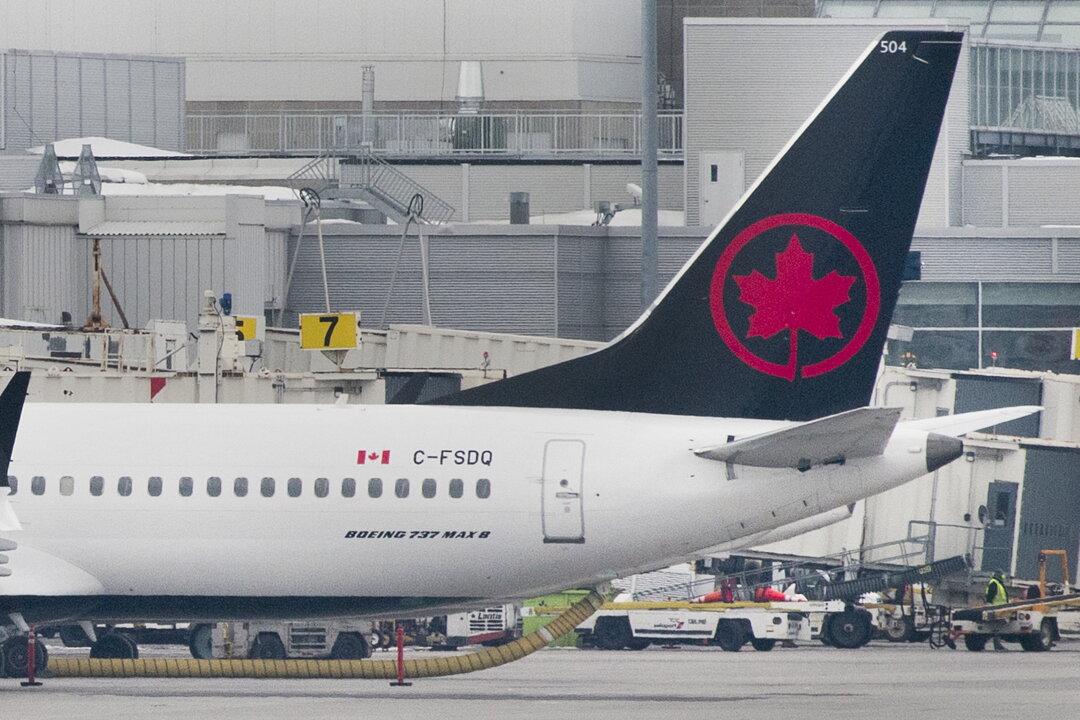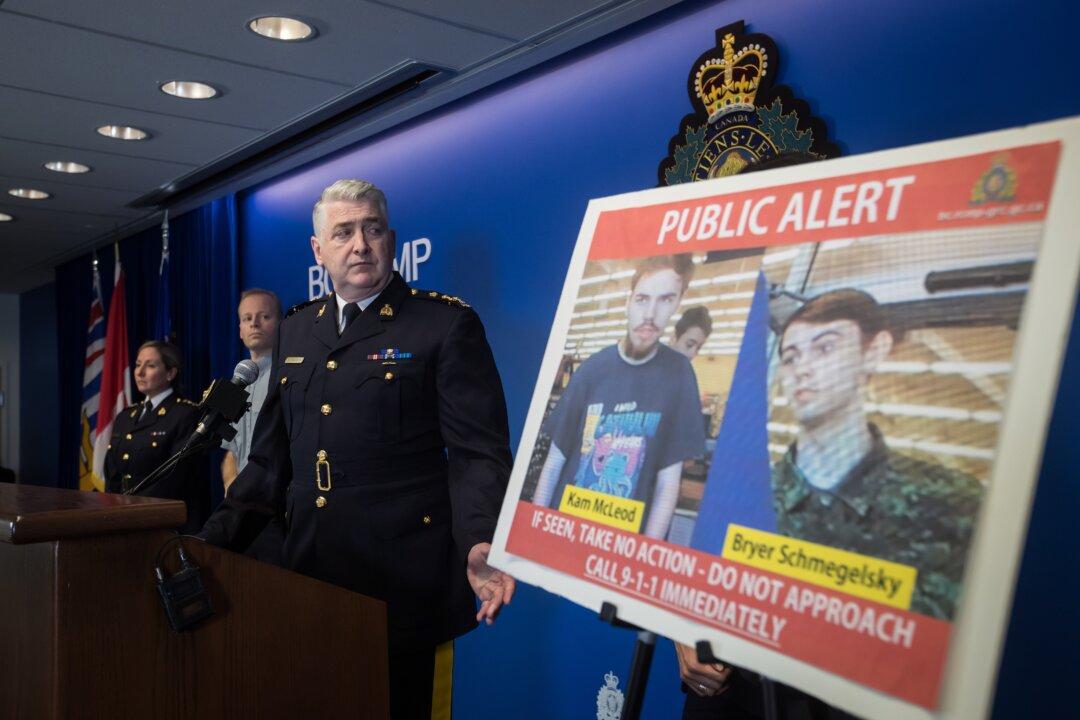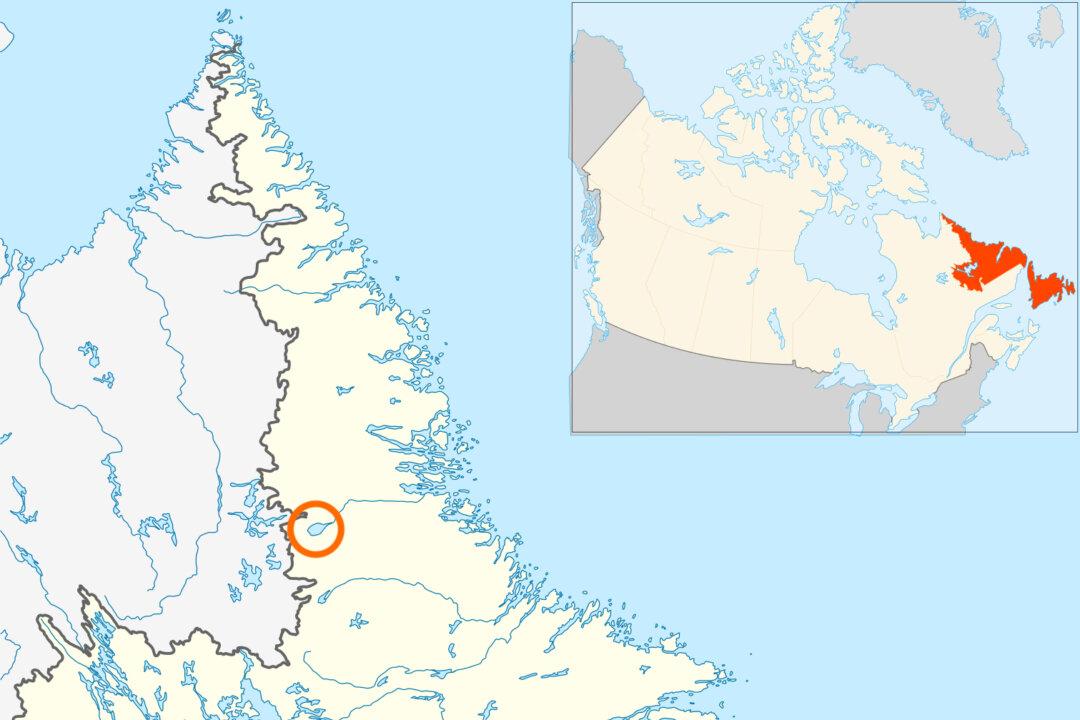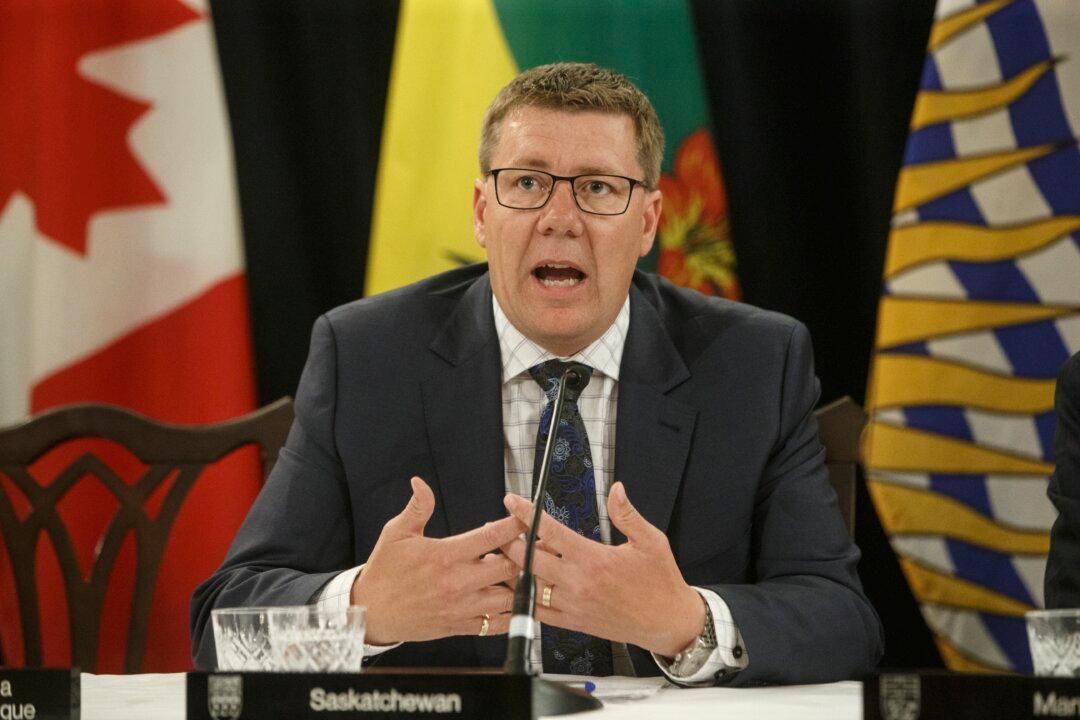Canada has restricted all Boeing Max 8 and Max 9 aircrafts from its airspace, Transportation Minister Marc Garneau announced this morning. The decision comes in the wake of the Ethiopian Airlines crash that killed all 157 people aboard, including 18 Canadians, on Sunday.
A safety notice was released that restricts passenger flights on Max 8 and Max 9 planes from flying into, out of, or through Canadian airspace and it will affect all Canadian airlines as well as foreign airlines. At a press conference this morning, Garneau said the decision to issue the notice is a precautionary measure as a result of new data received and examined earlier this morning as well as on the advice of experts.





